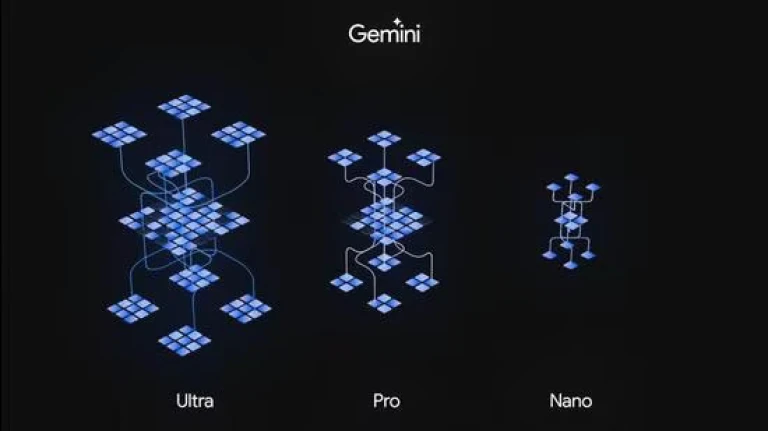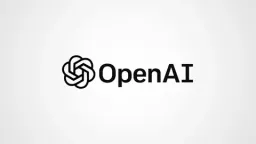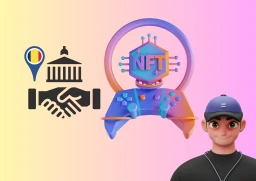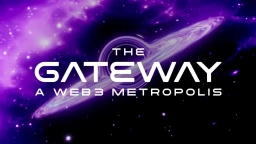What's Google Gemini? Is it a threat to GPT4?
Google recently unveiled Gemini, its advanced AI system, marking a significant leap in the company's AI endeavors. Gemini is developed by Google DeepMind and it is distinguished by its three versions, each designed for different levels of processing power.
Demis Hassabis, the CEO and Co-Founder of Google DeepMind, says Gemini brings us closer to the vision of “AI that feels less like a smart piece of software and more like something useful and intuitive — an expert helper or assistant”.

The most powerful iteration Gemini-ultra is intended for data center use, while the smallest version, Gemini-Nano is optimized for mobile devices like smartphones. This flexibility in deployment is a key feature of Gemini, making it Google's "most flexible model yet," as stated by CEO Sundar Pichai.
Despite its sophistication, Gemini is noted to be more cost-effective to serve to users compared to Google's previous, larger models.
Its multimodal capabilities enable it to process and interact with diverse types of information including text, code, audio, images, and video.
In this Multi-modal Language Understanding (MMLU) benchmark, Gemini scores impressively high, outperforming the GPT-4.
Despite its advancements, large language models like Gemini still face challenges such as factual accuracy and the tendency to generate misleading or fabricated information, known as hallucinations. But the more it is fed on data, the better it gets.
In terms of competition with GPT-4, Gemini's arrival intensifies the ongoing AI race. However, whether it poses a direct threat to GPT-4 depends on various factors, including its real-world performance, adoption rate, and how it integrates with Google's vast ecosystem of services. But as far as the results we see so far, it looks rock solid and it might be a big challenge for the Chat-GPT 4.
The AI industry is rapidly evolving, and both Google's Gemini and OpenAI's GPT-4 are at the forefront of this technological advancement. Overall, Gemini represents Google's significant push into the generative AI space.
Google's AI approach has been cautious, largely due to concerns about reputational damage and safety issues. The company has historically been hesitant to release AI tools for public interaction, but the pressure to match and surpass competitors in AI innovation has led to a strategic shift.
Google has made significant efforts to guarantee the safety and ethical responsibility of Gemini, involving rigorous tests both internally and externally, along with red-teaming strategies. Sundar Pichai, Google's CEO, emphasizes the crucial role of data security and reliability, particularly in products primarily aimed at enterprises, where a large portion of generative AI's revenue is generated.
Demis Hassabis, however, concedes that introducing a cutting-edge AI system carries the risk of encountering unforeseen problems and vulnerabilities. He advocates for the public release of these technologies, stating, "That's an integral part of the process for observing and learning." In the case of Ultra, Google's most advanced and unrestricted AI model, the company is proceeding with extra caution, treating its release akin to a controlled beta test, thereby establishing a more secure environment for experimentation and development.









